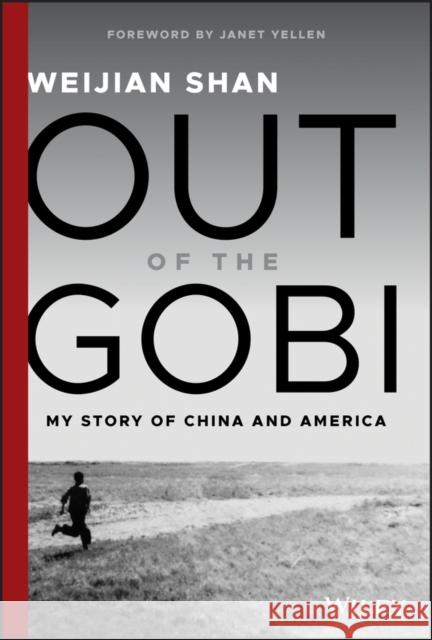Out of the Gobi: My Story of China and America » książka
topmenu
Out of the Gobi: My Story of China and America
ISBN-13: 9781119529491 / Angielski / Twarda / 2019 / 496 str.
Out of the Gobi: My Story of China and America
ISBN-13: 9781119529491 / Angielski / Twarda / 2019 / 496 str.
cena 125,53 zł
(netto: 119,55 VAT: 5%)
Najniższa cena z 30 dni: 121,91 zł
(netto: 119,55 VAT: 5%)
Najniższa cena z 30 dni: 121,91 zł
Termin realizacji zamówienia:
ok. 22 dni roboczych.
ok. 22 dni roboczych.
Darmowa dostawa!
Kategorie:
Kategorie BISAC:
Wydawca:
Wiley
Język:
Angielski
ISBN-13:
9781119529491
Rok wydania:
2019
Ilość stron:
496
Waga:
0.94 kg
Wymiary:
16.3 x 23.6 x 2.8
Oprawa:
Twarda
Wolumenów:
01
Dodatkowe informacje:
Wydanie ilustrowane











